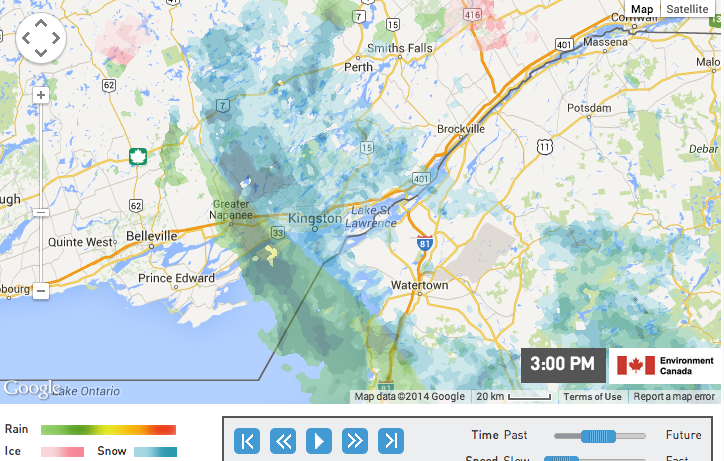Yes, have you noticed all the ads? Anticipatory pre-election plank in a platform intended to create a wedge issue between Harper Conservatives and Trudeau Liberals.
The ads are warning
teens against smoking medical marijuana (MM). As if that would work.
Thing is, these 'ads' are being paid for by my tax dollars. We know how much this type of anti-anything TV ad will stop teens from doing something they don't want to do. They are the most ridiculous thing.


What was ironic, watching CBC television (the show about Ghomeshi's flaming fall from grace- another CBC mistake), paid for by my tax dollars.
 It was followed by an ad for vodka.
It was followed by an ad for vodka. I kid you not!
Despite the fact that the government has finally given the OK for medicinal marijuana (MM), they are targeting their Conservative base, who may never have realized the benefits of this drug for those with chronic disease or neuropathic pain.
Canada takes two giant steps forward, and three steps backwards with this ridiculous government.

Health Canada has ordered Canada's medical marijuana companies to stop making their products look so good. The department issued ...
The tough restrictions also prevent producers from telling customers how varying strains can treat different symptoms, insisting on only bare-bones information. The prohibition on "promotional images" of bud or leaf also applies to Twitter and Facebook accounts, and other social media sites, which have become some of the most potent marketing tools available for the industry. Advertising limits for medical cannabis come largely from the Food and Drugs Act and the Narcotic Control Regulations, which forbid the promotion of any narcotic to the general public.
Health Canada has now come down hard on those companies selling MM, and forbidden them from using photos and Social Media (SM) to market their valuable products, or to explain the types of MM that targets various chronic diseases (PTSD, glaucoma, cancer pain, neuropathic pain, chronic pain...) These companies have worked hard to find the best growers, with knowledge of plants and their growing needs. They've developed a portfolio of strains that target various issues, and have reps who can take a client under their wings. Cheviot, Leonidas, Clearwater Houndstooth, Weaver, and Westwood, are some of the strains and blends. There is much expertise, despite physician ignorance. The growers are called budistas, who have specialized knowledge about growing healthy, clean plants.
I have had several clients who would benefit from MM. It's time we move forwards. When I am ill, I am grateful that companies, like Tweed, are out there. Pain specialists no longer need tell a client togo out and find some street dope. I was present when a client was told this by a doctor, a pain specialist, since the client could not afford Cesmet, the THC pills.
Health Canada to legal pot producers: Stop making claims about your weed
Health Canada says producers should provide limited information to prospective clients, including the brand name, proper or common name of the strain, price per gram, cannabinoid content, and the company’s contact details.





























"
Back when Canada first allowed the use of medicinal marijuana to treat things like chronic pain and nervous system conditions, approximately 36,000 people managed to get a licence that allowed them to legally use the product, Linton said."
 We had a combination of rain (15 mm) and snow (25.5cm) in S. E. Ontario.
We had a combination of rain (15 mm) and snow (25.5cm) in S. E. Ontario.















































